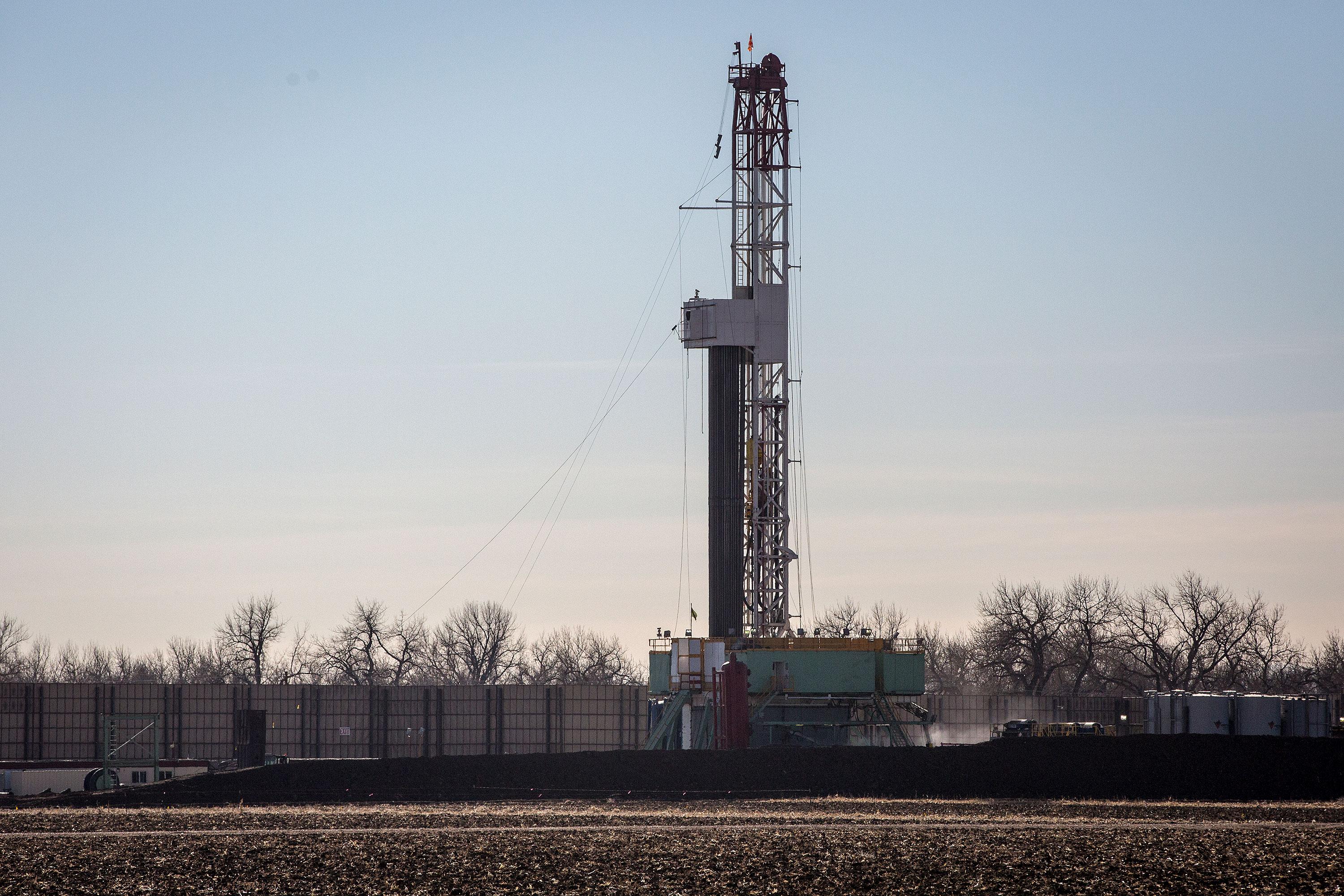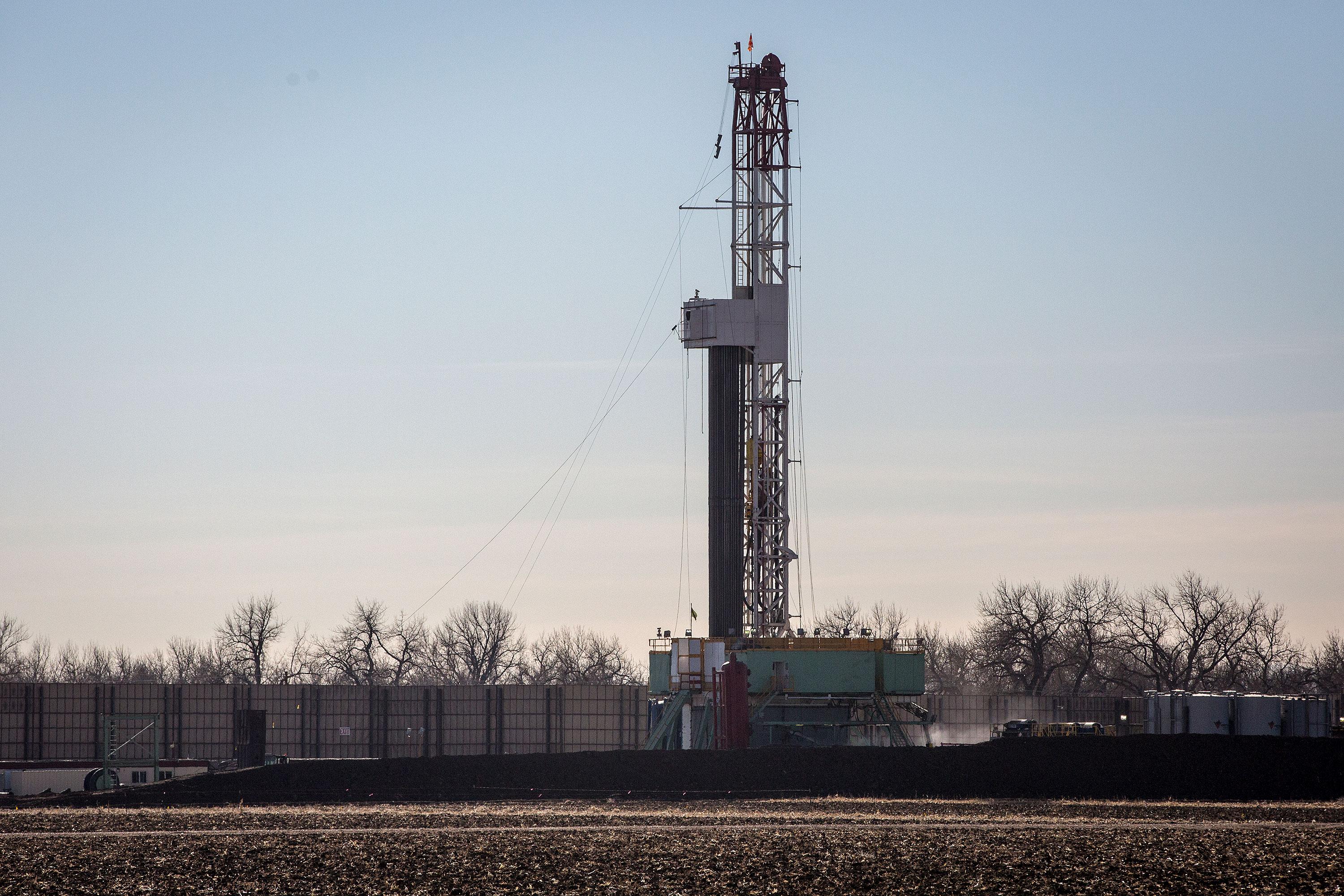

Published 10:43 a.m. | Updated 4:21 p.m.
A group of Broomfield homeowners sued the state of Colorado Thursday to stop a practice that allows companies to force mineral rights owners into contracts to extract oil and gas from their properties.
The practice is known as forced pooling.
When drillers approach a project, they can organize several independent and adjacent interests into a singular oil and gas field — or pool. All individual rights holders in the pool are contacted and after a certain percent agree and sign leases, other owners are “forced pooled” into the group regardless of their agreement. The arcane practice can catch homeowners — who face a steep learning curve — by surprise.
The lawsuit, initiated by the Wildgrass Oil and Gas Committee, names Gov. Jared Polis and regulatory agency Colorado Oil and Gas Conservation Commission as defendants. It seeks to temporarily stop the practice until courts can weigh the legal arguments.
The main argument is that forced pooling as a practice is illegal on constitutional grounds. The practice “constitutes a special law in violation of the privileges and immunities clause of the United States Constitution because it grants exclusive privileges to private gas and oil operators and injures Wildgrass Owners,” the lawsuit states.
The industry trade group Colorado Oil and Gas Association fired back against the lawsuit, calling it “frivolous.”
“Pooling has not only stood on sound legal footing for nearly a century, but it is a critical step in energy development that now requires detailed communication among mineral right owners well before permits are ever filed,” said COGA President and CEO Dan Haley.
Right now, Colorado state statute allows forced pooling. Mineral rights owners who don’t consent still get compensated for their rights, although some argue that the state formula for those who are forced pooled is unfair.
More than two dozen oil and gas producing states have forced pooling laws, many of which vary in scope.
The lawsuit could prompt the Democrat-controlled legislature to take action this year. In 2018, a reform law was signed by former Gov. John Hickenlooper to require oil companies to give homeowners 60 days’ notice between the time the state grants a pooling request and Colorado regulators hold a hearing on it. Reform advocates say the bill was too watered down.









